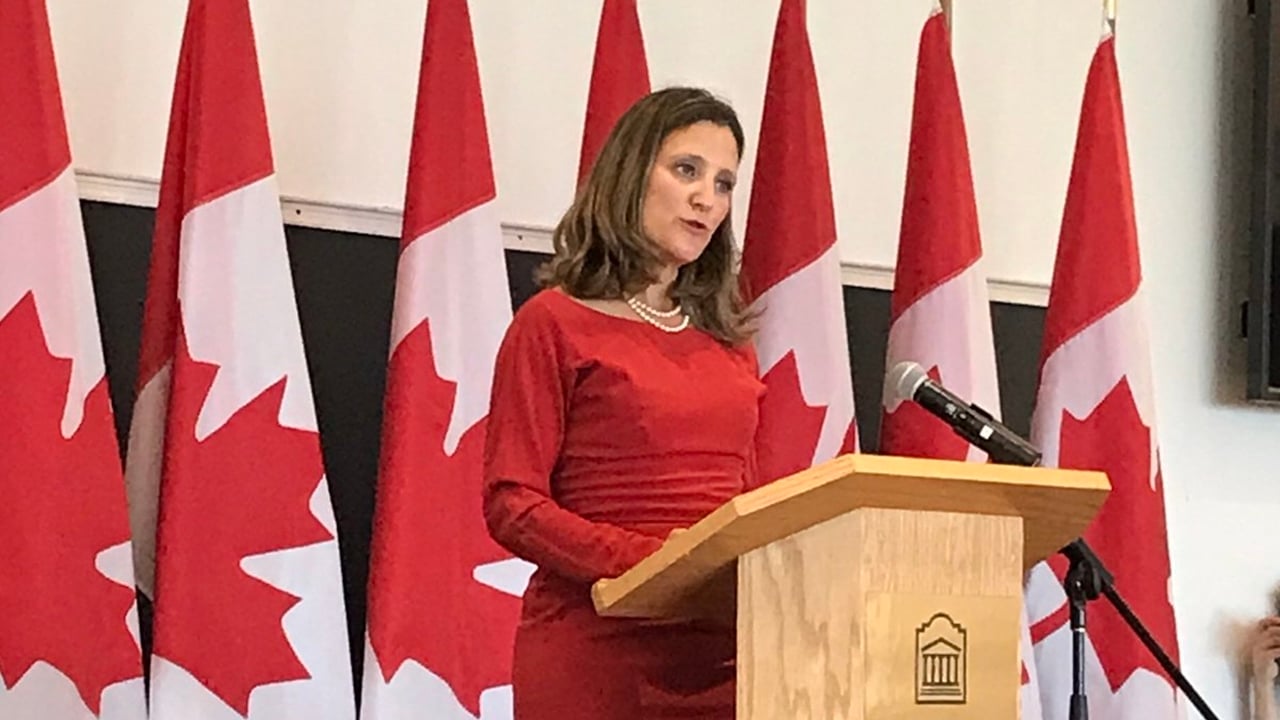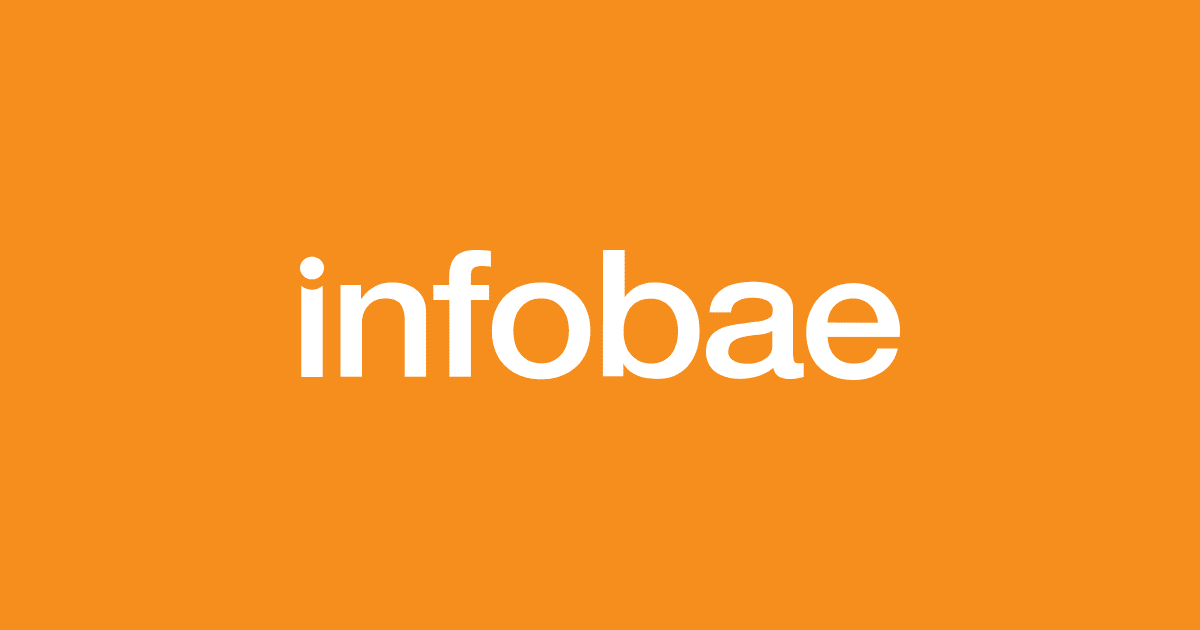The Canadian government presented its fiscal year 2024-2025 budget on Tuesday, which highlights tax increases on the wealthiest taxpayers, measures to respond to the serious housing crisis, as well as increased defense spending.
Canada's Finance Minister and the country's Deputy Prime Minister, Chrystia Freeland, highlighted that the government's goal is to make life more affordable for the Canadian middle class as well as younger people.
“Budget 2024 renews our focus on opening access to the middle class for millions of young Canadians. We will build more homes and help lower the cost of living. We will propel our economy toward growth that improves everyone. It is justice for all generations,” Freeland declared.
The budgets allocate a new item worth US$13.742 million to encourage housing construction.
The other increase in public spending will be for defense, which will receive an additional $7.74 billion. Additional funds will go to indigenous communities and promote economic growth.
In total, the Canadian government will add about $38.34 billion in additional spending over the next five years.
To cover the increase in spending, the Canadian government will increase taxes on capital gains.
Freeland noted that the increase in taxes on capital gains (capital gains obtained from the sale of assets such as stocks or property) would bring about $14.03 billion in additional revenue to the federal treasury.
Canada expects a deficit of about $40 billion.
Continued taxation of big technology companies
Canada said it will move forward with a digital services tax on big tech companies, which would raise $4.3 billion over the five years starting in the 2024-2025 fiscal year.
Justin Trudeau's administration, which aims to take on the challenge of taxing digital giants such as Alphabet, the parent company of Google, and Amazon, which can count its profits in low-tax countries, has delayed for two years to allow for the conclusion of a global treaty on corporate taxation. multinational; However, negotiations are still ongoing.
Washington opposes the plan, saying it unfairly targets American companies.
We recommend: Canada's top schools file lawsuit against TikTok, Facebook, Instagram and Snapchat
“In light of successive international delays in implementing the multilateral treaty, Canada cannot afford to wait before taking action,” the Ministry of Finance stated in its annual budget.
He added, “The government is moving forward with its long-term plan to enact a digital services tax.”
With information from EFE and Reuters
Do you already have us on Facebook? Give us a like and get the best information




:format(webp)/cloudfront-us-east-1.images.arcpublishing.com/grupoclarin/6QRRE7GX2VCB7KVYFDNZHOCKJQ.jpg)
